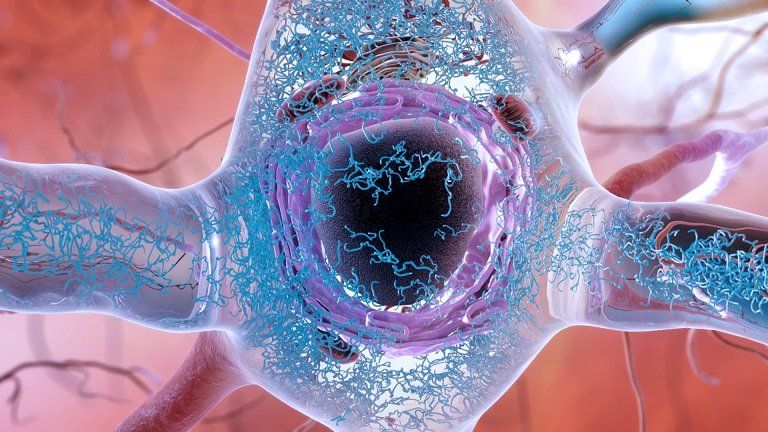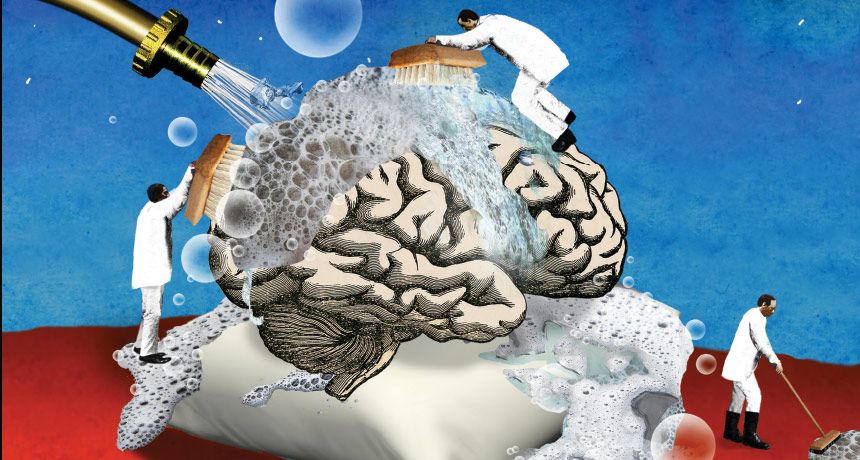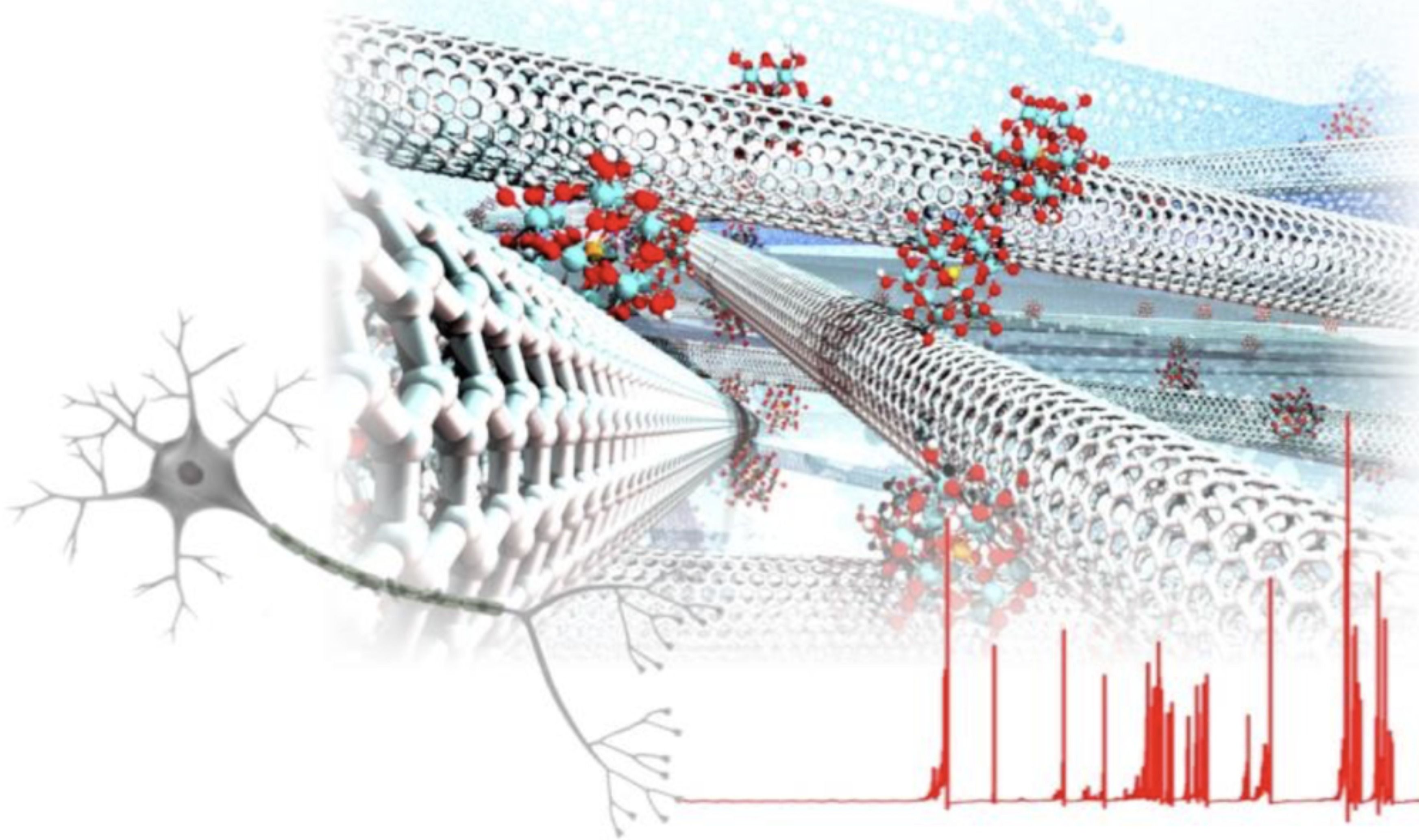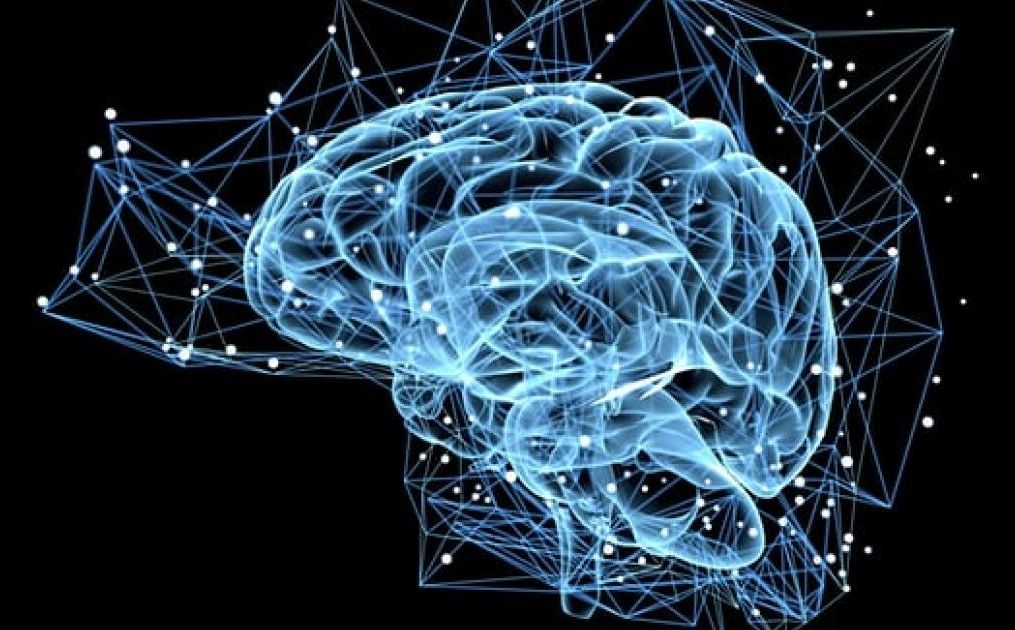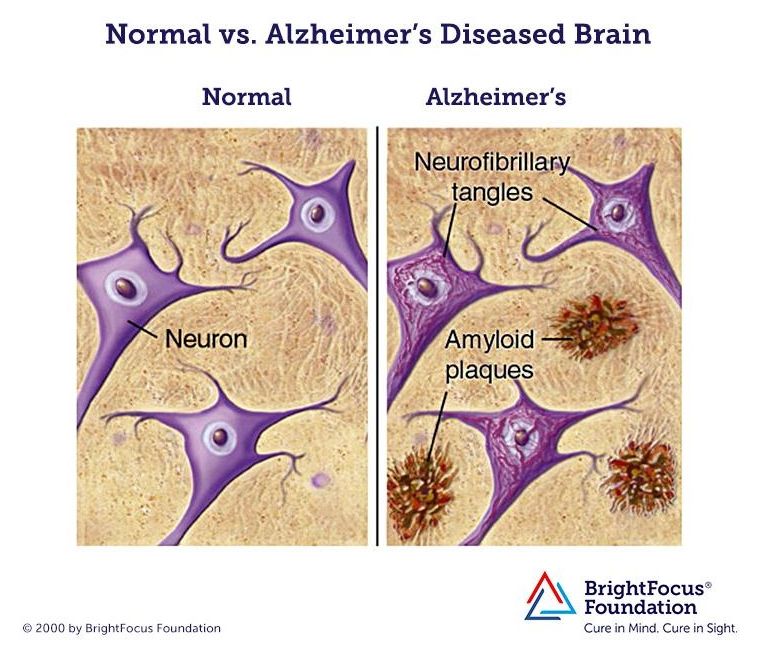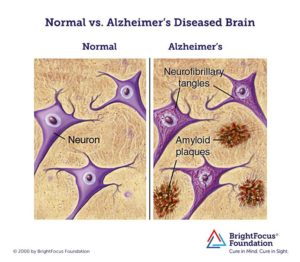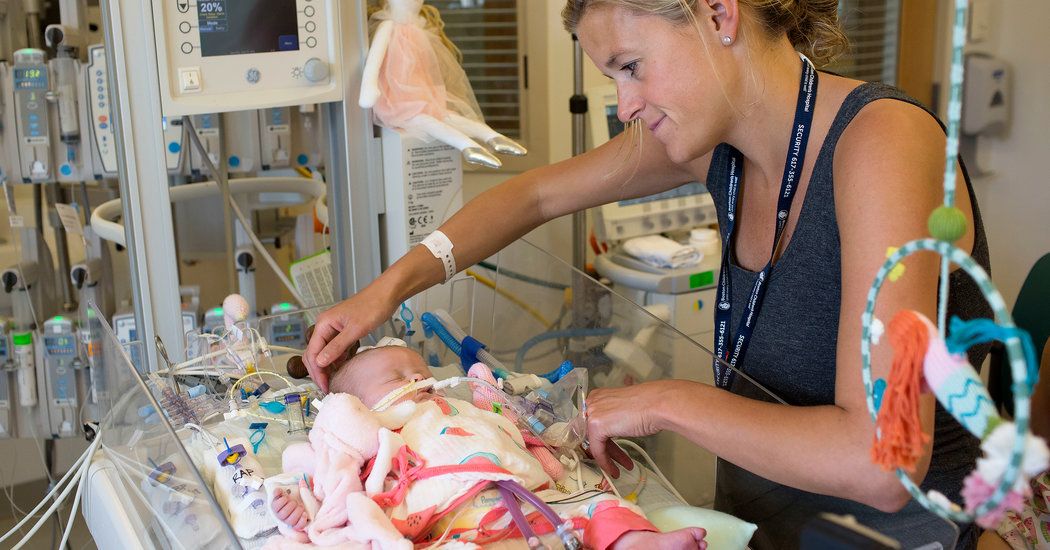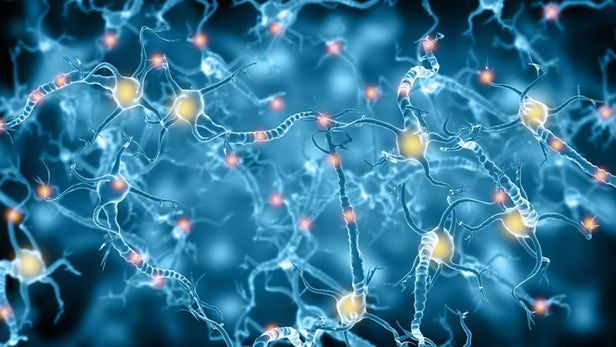Jul 16, 2018
Leg Exercise is Critical to Brain and Nervous System Health
Posted by Shailesh Prasad in categories: biotech/medical, chemistry, food, health, neuroscience
Groundbreaking research shows that neurological health depends as much on signals sent by the body’s large, leg muscles to the brain as it does on directives from the brain to the muscles. Published today in Frontiers in Neuroscience, the study fundamentally alters brain and nervous system medicine — giving doctors new clues as to why patients with motor neuron disease, multiple sclerosis, spinal muscular atrophy and other neurological diseases often rapidly decline when their movement becomes limited.
“Our study supports the notion that people who are unable to do load-bearing exercises — such as patients who are bed-ridden, or even astronauts on extended travel — not only lose muscle mass, but their body chemistry is altered at the cellular level and even their nervous system is adversely impacted,” says Dr. Raffaella Adami from the Università degli Studi di Milano, Italy.
The study involved restricting mice from using their hind legs, but not their front legs, over a period of 28 days. The mice continued to eat and groom normally and did not exhibit stress. At the end of the trial, the researchers examined an area of the brain called the sub-ventricular zone, which in many mammals has the role of maintaining nerve cell health. It is also the area where neural stem cells produce new neurons.
Continue reading “Leg Exercise is Critical to Brain and Nervous System Health” »

